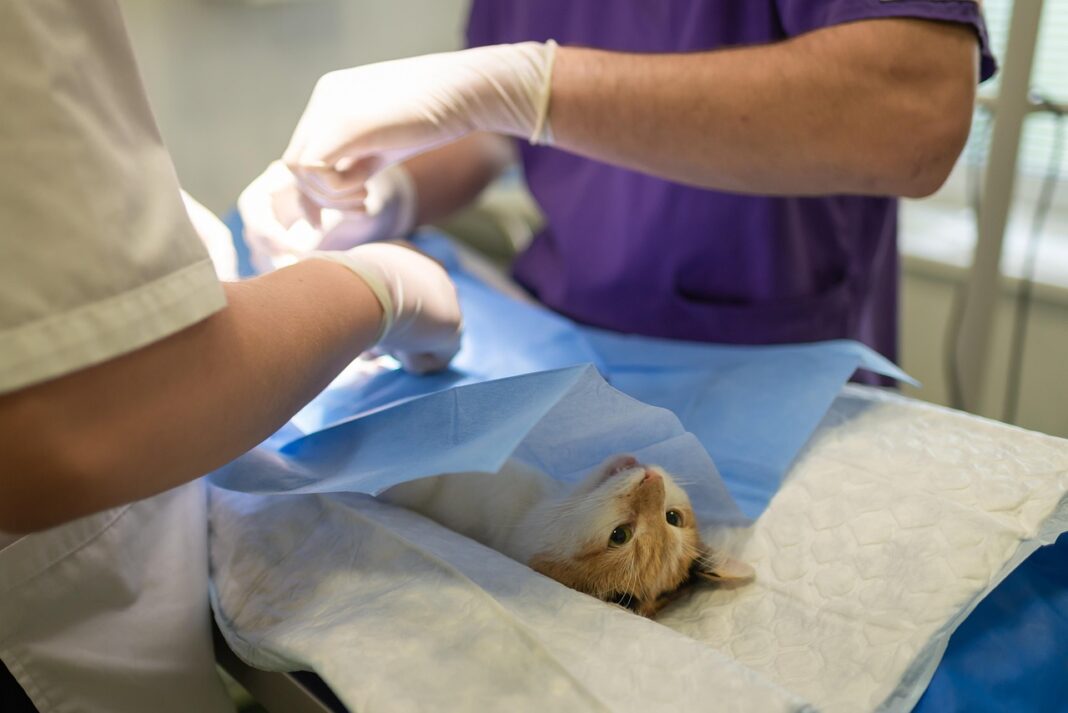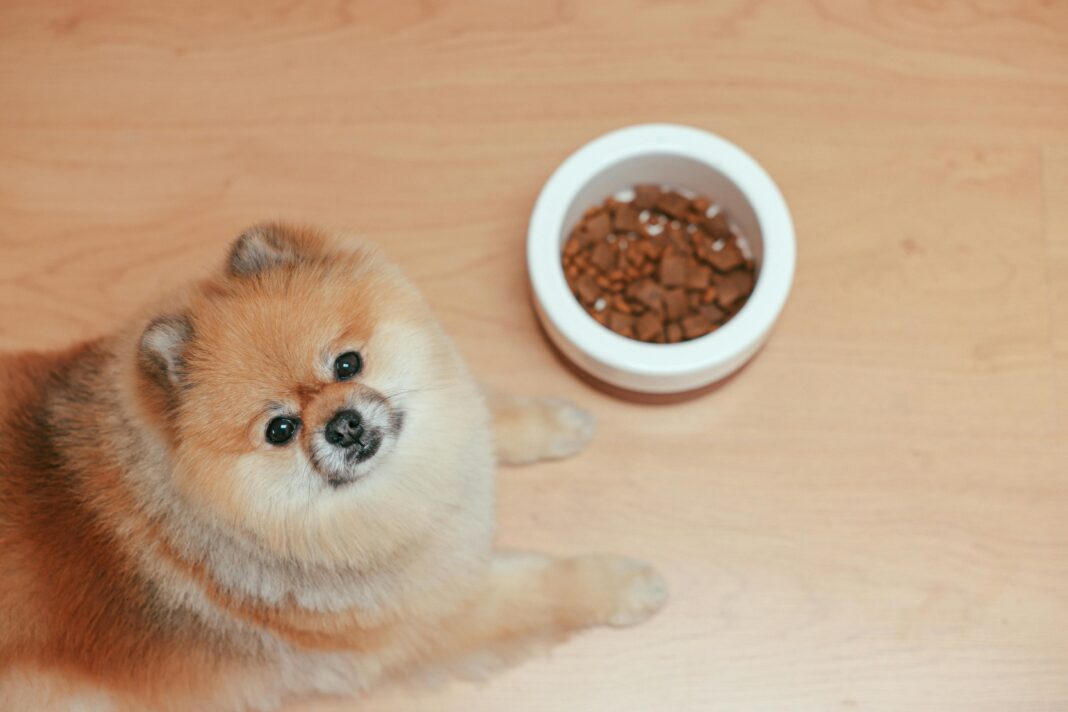When your furry friend undergoes surgery, the road to recovery begins. As a pet owner, it’s vital to understand the steps to ensure a smooth healing process. This guide outlines essential post-surgery pet care tips, emphasizing your pet’s health and comfort during recovery.
Understanding Post-Surgery Needs
Why Post-Surgery Care is Important
Surgery can be taxing for pets, both physically and emotionally. Proper post-operative care helps to:
-
- Minimize discomfort and pain
-
- Prevent complications such as infections
-
- Ensure a speedy recovery so your pet can return to their normal routine
Common Surgeries in Pets
Pets may require surgery for various reasons, including:
-
- Spaying or neutering
-
- Orthopedic repairs
-
- Tumor removal
-
- Dental surgery
Each type of surgery may have specific recovery protocols, so always follow your veterinarian’s advice.
Preparing Your Home
Create a Safe Space
Before bringing your pet home, prepare a quiet, comfortable recovery area. This space should be free of:
-
- Distractions from other pets or children
-
- Slippery floors where they might slip or fall
-
- Small objects that could be harmful if ingested
Offer Comfort Items
Include soft bedding, favorite toys, and familiar smells. A worn-out blanket or an article of your clothing can provide soothing comfort.
Post-Surgery Monitoring
Keep an Eye on Incisions
Regularly check your pet’s surgical site for signs of:
-
- Redness or swelling
-
- Unpleasant odors
-
- Discharge or excessive bleeding
If you notice any concerning symptoms, contact your veterinarian immediately.
Watch for Behavioral Changes
Changes in behavior post-surgery can indicate discomfort or distress:
-
- Excessive licking or biting at the surgical site
-
- Hiding or withdrawing from interaction
-
- Reluctance to eat or drink
These behaviors may require a check-up by your vet.
Pain Management
Follow Medication Guidelines
Your veterinarian will likely prescribe pain medications. It’s crucial to:
-
- Administer medications as directed
-
- Monitor for any adverse reactions, such as vomiting or lethargy
If you’re unsure about dosages or timing, don’t hesitate to reach out to your vet for clarification.
Natural Pain Relief Options
While medications are often necessary, some natural remedies can complement pain relief, including:
-
- Providing a warm compress to soothe muscles
-
- Using anti-inflammatory supplements (always consult your vet first)
Nutrition and Hydration
Proper Nutrition for Recovery
A balanced diet is essential during recovery. Consider:
-
- Providing easily digestible food (like boiled chicken and rice)
-
- Ensuring food is fresh and appealing to encourage eating
Hydration Is Key
Always ensure your pet has access to clean, fresh water. Dehydration can impede healing, so watch for signs like lethargy or dry gums.
Activity and Rest
Limit Physical Activity
After surgery, it’s essential to restrict your pet’s physical activities. Here’s how:
-
- Limit walks to brief outdoor potty breaks
-
- Prevent jumping, running, or rough play
-
- Consider using a crate when you can’t supervise
Encourage Rest
Encourage your pet to rest and relax. Create a cozy sleeping area away from noise and activity. Soft music or a cozy blanket can enhance their comfort level.
Follow-Up Care
Schedule Regular Vet Appointments
Make sure to attend all follow-up visits. Your veterinarian will:
-
- Assess your pet’s healing process
-
- Remove stitches or staples if necessary
-
- Address any concerns you might have
Keep a Recovery Journal
Track your pet’s recovery by logging:
-
- Medication schedules
-
- Symptoms or concerns
-
- Changes in appetite or behavior
This record can be immensely helpful during vet visits.
FAQs About Post-Surgery Pet Care
How can I tell if my pet is in pain?
Signs of pain may include:
-
- Whining or vocalizations
-
- Changes in appetite
-
- Hiding or resting more than usual
-
- Aggression towards touch
How long will my pet need to recover?
Recovery times vary based on the type of surgery. Minor procedures may require a few days, while more complex surgeries can take weeks.
Is it normal for my pet to have a reduced appetite?
Yes, some pets may experience reduced appetite post-surgery. However, if your pet remains uninterested in food for more than 24 hours, consult your veterinarian.
Can my pet go outside after surgery?
Yes, but supervision is key! Ensure they are leashed and monitored to prevent excessive movement or jumping.
By following these essential post-surgery pet care tips and maintaining open communication with your veterinarian, you can support your furry friend through their recovery journey. Each step taken with care and compassion will help them return to their happy, playful selves in no time.





